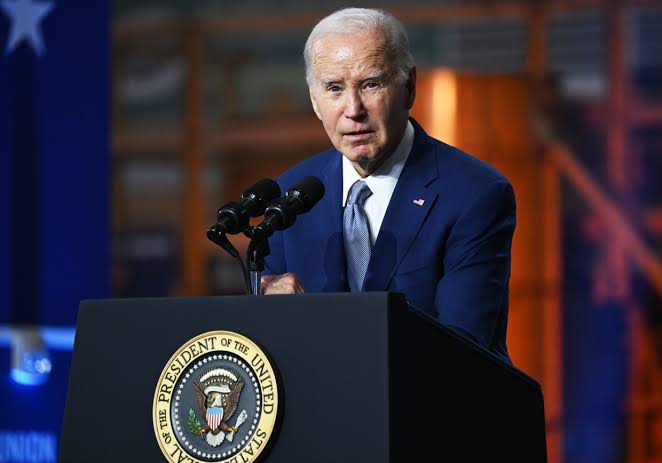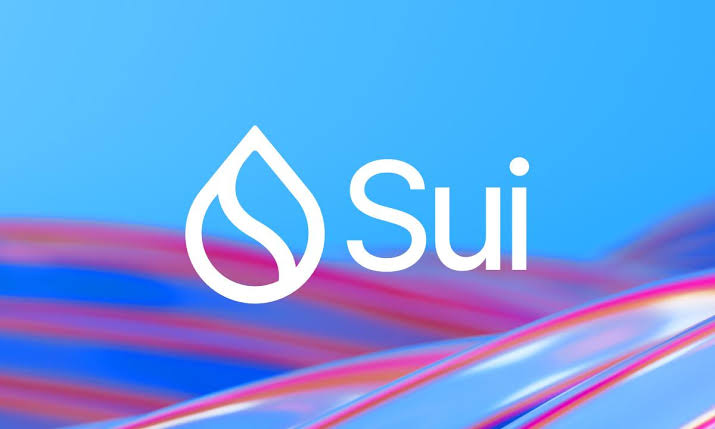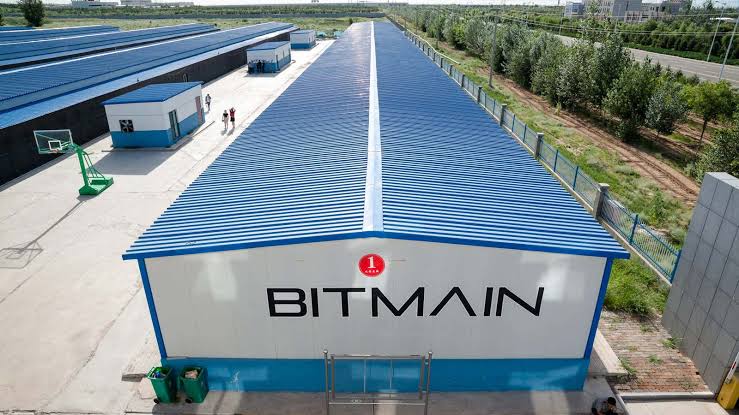Legal expert Fred Rispoli says the Ripple case vs the US SEC appeals are mostly paperwork; no new trials or evidence are involved.
The SEC vs. Ripple Labs dispute is becoming increasingly contentious, and attorney Fred Rispoli has suggested that Ripple Labs may emerge victorious. Nevertheless, the SEC is now seeking to extend the deadline for submitting its principal brief until January 15, 2025.
Fred Rispoli, an attorney, recently clarified that the SEC frequently requests continuances not only to postpone matters but also due to the overwhelming number of pending cases.
Rispoli: The Appeal’s Ripple Depends on Paperwork, Not Trial
Attorney Fred Rispoli clarified during his appearance as a guest on the ‘Good Morning Crypto Show’ that appeals are primarily a matter of documentation, devoid of new trials or evidence. The opening, an opposition, and a reply brief are the three core documents each party submits.
In this instance, the appeal encompasses the cross-appeal of Ripple and the SEC. The court will schedule oral arguments after the submission of these documents. This should enable each party to present their case to a panel of three justices.
The SEC has also submitted a request for a deadline for its principal brief in its appeal case against Ripple.
Fred Rispoli asserted that the SEC’s request for an extension is consistent with his anticipated timeline for the appeal. He anticipates that oral arguments, expected in September or October 2025, will offer preliminary indications of the judges’ perspectives. The outcome of the case may be inferred from these initial impressions.
However, these dates may be subject to further adjustment if additional extensions are granted, which is not uncommon in the Ninth Circuit.
Amicus Briefs Are Taking Center Stage in Crypto Cases
According to Rispoli, the appeal will be significantly influenced by amicus briefs. The filing by third parties may impact the case, which could provide new insights. He stated that appellate judges should prioritize those matters, mainly due to their greater likelihood of being numerous and consequential than those at the district court level.
Third parties not directly involved in the case submit an amicus brief, a “friend of the court” brief. It is intended to offer policy insights or supplementary context for particular arguments. This frequently influences critical, high-risk decisions. In Supreme Court cases, receiving an amicus brief is uncommon. Amicus petitions are not typically utilized in most federal appellate and trial cases.
Nevertheless, the trend has been defied by crypto litigation. For comparison, Ripple submitted 14 amicus briefs, Coinbase submitted six, and Grayscale submitted eight briefs.
Could Gensler’s departure alter the course of cryptocurrency?
Rispoli, who has been a vocal critic of SEC Chair Gary Gensler, has also recently suggested that a change in leadership could significantly impact crypto regulation. He conjectured that Gensler is “almost assuredly” on his way out, irrespective of the 2024 election’s outcome. Consequently, selecting his successor is crucial for the industry’s future.
Rispoli clarified that an explicitly defined law would likely have that effect when asked if new legislation could render the SEC’s appeal moot.
The legal team of Ripple would submit a notice of supplemental authority to the Second Circuit if Congress adopts crypto legislation by the end of the year, with effect from January 1, 2025. The notice would argue the new law’s relevance to the case.



